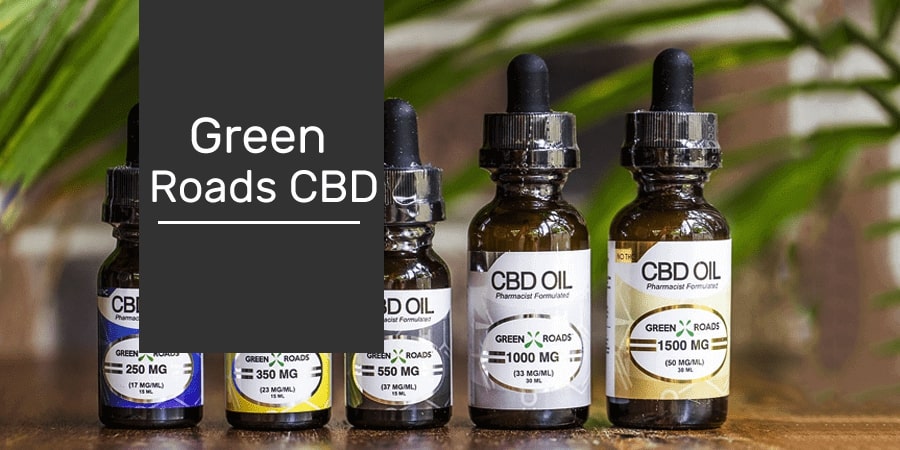
People take or apply cannabidiol to treat a variety of symptoms, but their use is controversial. There is some confusion about what it is and how it affects the human body.
Cannabidiol (CBD) may have some health benefits, and it may also pose risks.
This article will explain what CBD is, its possible health benefits, how to use it, potential risks, and issues surrounding its legality in the United States.
In June 2018, the country's Food and Drug Administration (FDA) approved the prescription use of Epidiolex, a purified form of CBD oil, for treating two types of epilepsy.
What is CBD oil?
CBD is one of many compounds, known as cannabinoids, in the cannabis plant. Researchers have been looking at the possible therapeutic uses of CBD.
CBD oils are oils that contain concentrations of CBD. The concentrations and the uses of these oils vary.
Is CBD marijuana?
Until recently, the best-known compound in cannabis was delta-9 tetrahydrocannabinol (THC). This is the most active constituent of marijuana.
Marijuana contains both THC and CBD, and these compounds have different effects.
THC creates a mind-altering "high" when a person smokes it or uses it in cooking. This is because THC breaks down when we apply heat and introduce it into the body.
CBD is different. Unlike THC, it is not psychoactive. This means that CBD does not change a person's state of mind when they use it.
However, CBD does appear to produce significant changes in the body, and some research suggests that it has medical benefits.
Where does CBD come from?
CBD comes from the cannabis plant. People refer to cannabis plants as either hemp or marijuana, depending on their level of THC. Hemp plants that are legal under the Farm Bill must contain less than 0.3% THC.
Over the years, marijuana farmers have selectively bred their plants to contain high levels of THC and other compounds that interested them, often because the compounds produced a smell or had another effect on the plant's flowers.
However, hemp farmers have rarely modified the plant. These hemp plants are used to create CBD oil.
How CBD works
All cannabinoids, including CBD, produce effects in the body by attaching to certain receptors.
The human body produces certain cannabinoids on its own. It also has two receptors for cannabinoids, called the CB1 receptors and CB2 receptors.
CB1 receptors are present throughout the body, but many are in the brain.
The CB1 receptors in the brain deal with coordination and movement, pain, emotions, and mood, thinking, appetite, and memories, and other functions. THC attaches to these receptors.
CB2 receptors are more common in the immune system. They affect inflammation and pain.
Researchers once believed that CBD attached to these CB2 receptors, but it now appears that CBD does not attach directly to either receptor.
Instead, it seems to direct the body to use more of its own cannabinoids.
Benefits of CBD Oil For Pain Relief
Natural pain relief and anti-inflammatory properties
People tend to use prescription or over-the-counter drugs to relieve stiffness and pain, including chronic pain.
Some people believe that CBD offers a more natural alternative.
Authors of a study published in the Journal of Experimental Medicine found that CBD significantly reduced chronic inflammation and pain in some mice and rats.
The researchers suggested that the non-psychoactive compounds in marijuana, such as CBD, could provide a new treatment for chronic pain.
Legality
The current legality over CBD is hazy. Hemp and hemp-derived products are legal under the Farm Bill, as long as their THC content is less than 0.3%.
However, there is still some confusion over the specifics.
People should check the laws in their state and any travel destination. They should keep in mind the FDA has not yet approved any nonprescription products.
Recent developments: CBD oil for epilepsy
In June 2018, the FDA approved the use of CBD to treat two types of epilepsy.
Dr. Scott Gottlieb, writing for the FDA on 25 June, stated:
"Today, the FDA approved a purified form of the drug cannabidiol (CBD). This is one of more than 80 active chemicals in marijuana. The new product was approved to treat seizures associated with two rare, severe forms of epilepsy in patients two years of age and older."
Dr. Gottlieb is careful to point out that:
- The FDA has not approved the use of marijuana or all of its components.
- The association has only approved a purified version of one CBD medication, for a precise therapeutic purpose.
- The decision to approve the product was based on the results of sound clinical trials.
- Patients will receive the medication in a reliable dosage.
Precision Pain Care and Rehabilitation has two convenient locations in the Richmond Hill – Queens and New Hyde Park – Long Island. Call the Richmond Hill office at (718) 215-1888, or (516) 419-4480 for Long Island office, to arrange an appointment with our Interventional Pain Management Specialist, Dr. Jeffrey Chacko.













